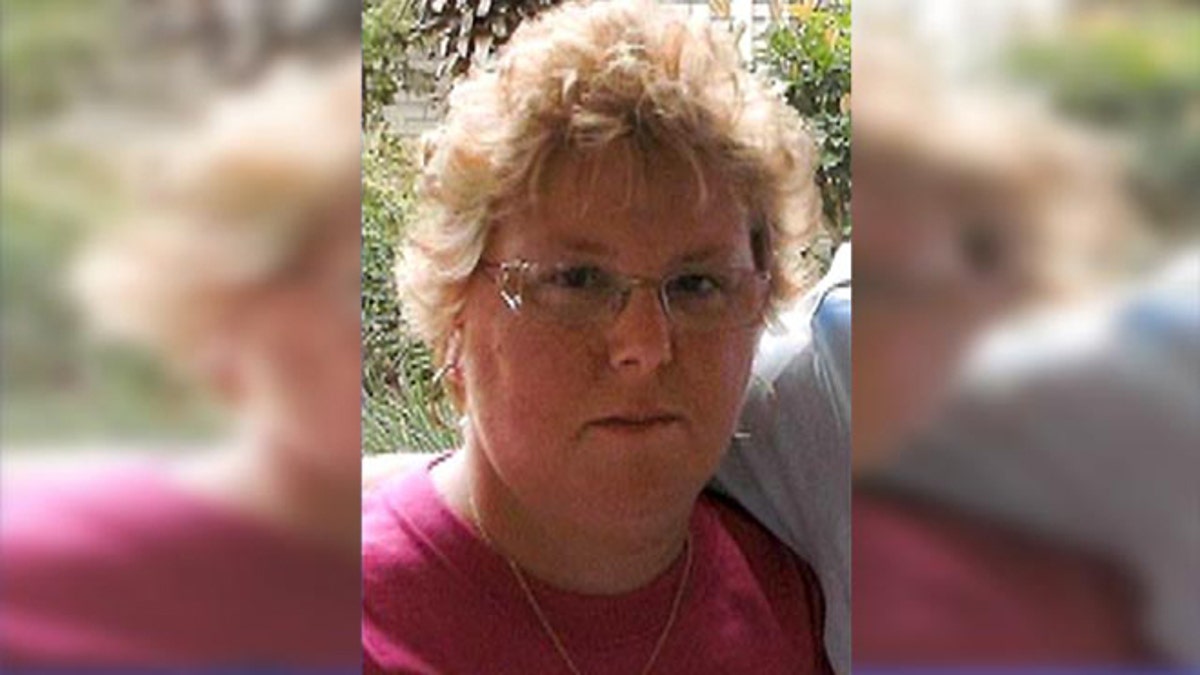
If reports about prison supervisor Joyce “Tillie” Mitchell are true, she fell for murderer Richard Matt and helped him and another killer escape from the Clinton Correctional Facility in upstate New York. What could motivate a 51-year-old wife, mother and public servant to allegedly do such a thing?
Psychiatry is the study of the question “Why?” And there is always an answer. I have not evaluated Mitchell, but I can wonder about the kinds of nearly lifelong dramas that could set the stage for something as seemingly inexplicable as helping a convicted murderer go free.
One scenario that would not be surprising (if she is, indeed, guilty of assisting Matt) would be that Mitchell had a childhood experience in which a male in her life was accused of something she believed had not occurred, and that he was punished for it – unfairly, in her mind. This drama would be especially powerful if the man inappropriately shared his deep feelings of betrayal or sadness with her and made her feel very special for still believing in him.
Of course, if Mitchell, at a tender age, were not only the adult man’s confidante, but also his victim, then the stage would be perfectly set for her to repeat the drama now – even decades later. For instance, if Mitchell had been abused by an adult man and manipulated into denying the abuse and trying to keep it secret, then a killer who treated her as “special” could reawaken all those unresolved childhood feelings.
It may be hard to believe, but people can be transported out of their adult, rational thinking, and into much more childlike, naïve and vulnerable thinking, when early life traumas remain unresolved.
It may be hard to believe, but adults can be transported out of their rational thinking into much more childlike, naïve and vulnerable thinking when early life traumas remain unresolved. Those traumas act like deep, long tire tracks. When events rekindle feelings consistent with the tracks, people can find themselves swerving into them and held there, unable to navigate a logical course. They are, again, like the manipulated children they once were.
Do people have free will to make moral decisions when commandeered by powerful and unresolved dramas from the distant past? Can they turn sharply and get out of those deep tire tracks? Not always. The gravitational pull of these dramas can be irresistible sometimes and obscure the difference between right and wrong.
Problems in the present can also make the gravitational pull of dramas from the past even stronger. If Mitchell were battling a depression, it could weaken her grip on today’s realities, as opposed to childhood ones. If she were worried about being abandoned by her husband, it could make her cling to ways she avoided being abandoned (even at the expense of the truth) when she was a child. If she were weakened by alcohol abuse (and I have no suggestion, whatsoever, that she was), she could be more vulnerable to swerving into a pathological, childhood pattern of thought and behavior.
I do not know that any of this is the case for Mitchell. And there certainly are people who have done foolish and bad things and retained elements of free will when they chose to do them. But it is also sometimes the case that free will, for all intents and purposes, is denied those unlucky people who were broken as children and who live lives that tend, nearly unavoidably, toward darkness.








































